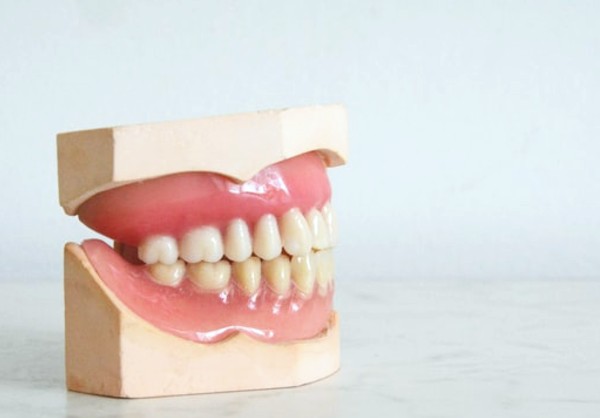
You’ve likely been told to brush your pearly whites more than once, but did you know brushing your teeth can help with more than just your oral health? It can help with your overall health, too! Bacteria from the mouth has the ability to travel all the way to the heart, kidneys, lungs, and liver. Your teeth are an indicator of many different diseases and can give medical providers a clue as to what’s going on inside your body! Here we’ve put together a list of oral health-related diseases that can happen all over your body!
Cardiovascular disease –
Though the link is not fully understood at this time, research suggests that poor oral health may have a direct connection to an increased risk of cardiovascular disease. Possible factors range from plaque buildup, bacteria buildup that travels through the bloodstream, and an overreaction of the body’s inflammatory immune response. There is also a direct correlation between gum disease and the risk of stroke.
Endocarditis –
Endocarditis is an infection in the inner lining of the endocardium, which consists of the heart’s chambers and valves. When germs from the mouth enter the bloodstream, they can attach to certain areas within the heart and cause infection.
Pregnancy and birth complications –
Dental hygiene and pregnancy work against each other in a negative spiral. Pregnancy increases the risk of some oral health issues, which in turn may cause birth complications, like giving birth early. Not only do increased hormones affect oral health, but also changes in diet and cravings may affect overall dental health. Some dental issues may cause premature birth or low birth weight, so make sure to brush those pearly whites extra well during pregnancy!
Pneumonia –
Studies have shown that, in older patients with poor oral health, an improvement in oral care habits lowers the risk of dying of aspiration pneumonia. When a patient has poor dental health, they likely have bacteria or oral secretions containing harmful bacteria and infection. Older, frail patients are at risk for inhaling these substances, which can cause dangerous cases of pneumonia, an infection in the lungs.
Diabetes –
Diabetes affects how one’s body processes sugar. With an excess of glucose sitting around in the bloodstream, the risk of bacterial infection is much higher, which can therefore increase the risk of developing gum disease.
HIV/AIDS –
HIV/AIDS are immunodeficiency diseases that are accompanied by an increased risk of all sorts of infections. HIV patients are more susceptible to dental infections, which can affect their overall health. Routine dental care should be part of any HIV/AIDS or other immunodeficiency disease treatment plan.
Osteoporosis –
Contrary to popular belief, teeth are not bones. They are, however, rooted in the alveolar bone in the jaw. When bone diseases like osteoporosis break down bone tissue in the jaw, teeth can become loose or fall out altogether. Those with osteoporosis also have an increased risk of contracting periodontal disease, since the loss of bone mineral density leaves the bone more susceptible to oral bacteria via pockets in the gums and between loose teeth.
Alzheimer’s Disease –
Just like how bacteria from the mouth can cause issues in the heart, it can also cause issues in the brain via the bloodstream. Research has shown that the brains of those with Alzheimer’s dementia often contained a bacterium called Porphyromonas gingivalis, which is usually associated with chronic gum disease. When the bacteria enters the brain via the bloodstream, it is thought to trigger an immune response that releases chemicals that have the power to kill neurons and enhance the symptoms seen in Alzheimer’s.
Health Insurance Questions?
We hope this information on oral health-related diseases is helpful.
Empower Brokerage wants to help you understand the insurance coverage you need and how to save money getting it. Stay on top of your health and give us a call at (844) 410-1320
Get affordable health insurance quotes by clicking here.
See our other websites:

